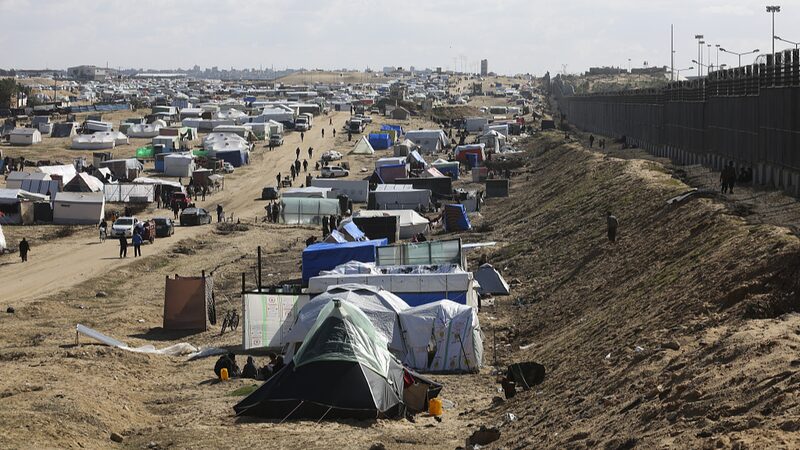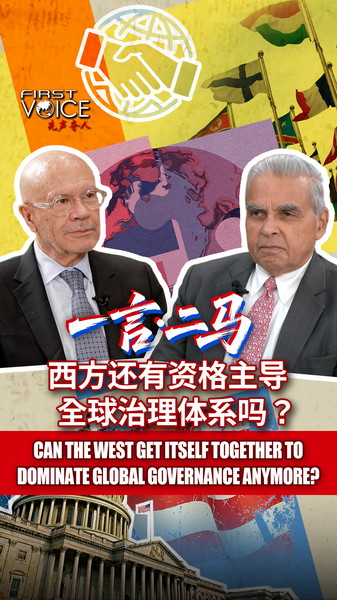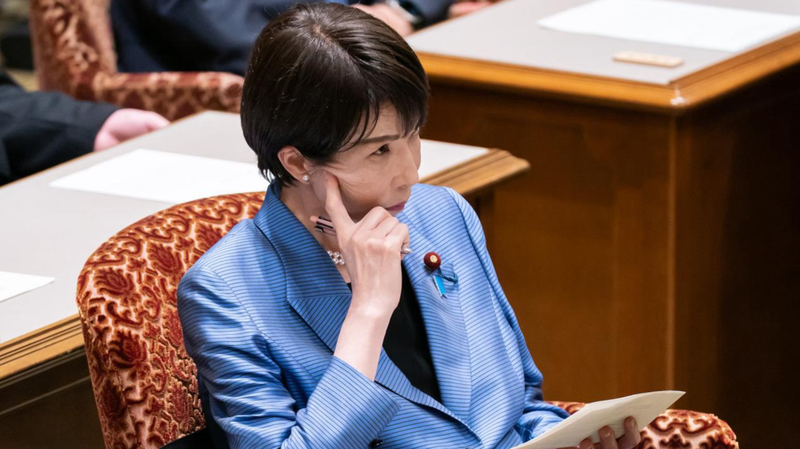As the conflict in Gaza approaches its fourth month, the sentiments in the Middle East and the Global South have been increasingly shaped by the intensity of Israel's military actions and the steadfast support from Western governments. For many, this conflict is seen not only as a result of decisions by Israeli Prime Minister Benjamin Netanyahu but also as a continuation of policies from U.S. President Joe Biden. The persistent disregard for the widespread devastation underscores a troubling perception: Arab lives are undervalued in the eyes of Western leaders.
Those who witnessed the Cold War era recall how Western powers interacted with post-colonial states. The United States and other Western nations, primarily the United Kingdom, have a long history of pursuing interventionist and militaristic foreign policies in the Middle East. These actions have often overlooked the genuine interests and aspirations of the region's people, driven instead by objectives like countering communism and ensuring the dominance of liberal capitalism.
Historically, the U.S. presented Middle Eastern leaders with a stark choice: align with Western-led defense alliances and embrace global capital, or be labeled adversaries. This zero-sum approach led to alliances with autocratic rulers and the suppression of emerging democratic movements. A notable example is the 1953 coup in Iran, where the CIA and MI6 orchestrated the ousting of Prime Minister Mohammad Mossadegh after he nationalized the country's oil industry. This intervention not only halted Iran's democratic progression but also set the stage for the 1979 Islamic Revolution, ushering in the theocratic regime that continues today.
Similarly, in the 1950s, Egyptian President Gamal Abdel Nasser's decision to reject a Western-led defense pact led to the Suez Crisis of 1956. The U.S. and Britain withdrew support for the Aswan High Dam project, aiming to destabilize Nasser's government. Instead of achieving their goals, Western actions fueled resentment and turned Nasser into a staunch opponent of the West.
The West has often justified its heavy-handed approach by suggesting that Islam and Arab culture are incompatible with democracy. This narrative implies that authoritarian leadership is necessary for regional stability, leading to the perpetuation of repression and human rights abuses in the name of following Western directives. For the people living in these regions, it sends a clear message: their lives and rights are secondary to Western strategic interests, a reality starkly highlighted by prolonged conflicts in Afghanistan and Iraq.
Reference(s):
cgtn.com




